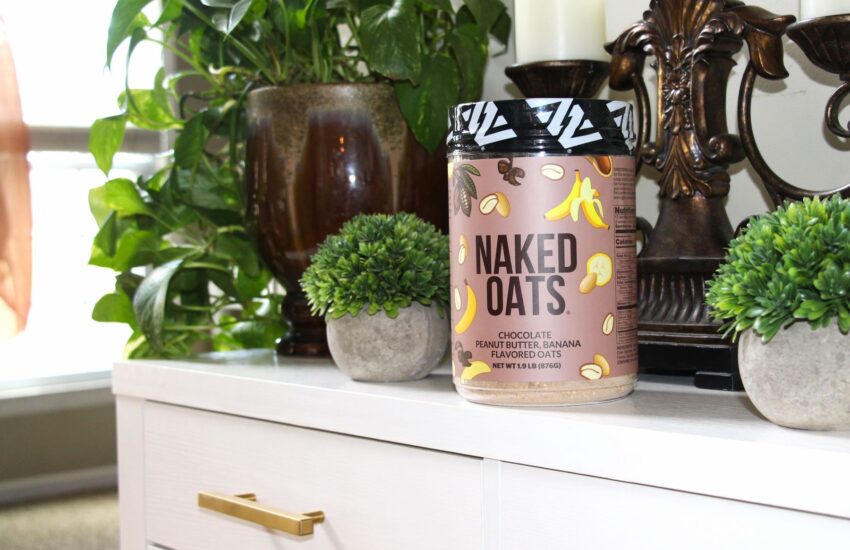Tips to Take Care of Your Body as You Grow Older
>Taking care of your body is important at any age but especially as you start to grow older. With less skin elasticity and mobility, you are much more likely to experience bruising and injury during basic daily tasks. There are, however, a number of steps you can take to increase your chances of ageing not just gracefully but healthily too. Continue reading to find out how.
Overhaul your diet
A healthy diet is crucial for health and wellness. Certain foods can boost energy and prevent illness if consumed for a prolonged period of time. There is no ideal diet, but a healthy diet should be low in saturated fats and consist of a variety of fruits and vegetables, wholegrains, oily fish, low-fat dairy, and lean meat. You must also remember to rehydrate on a regular basis to avoid any unpleasant side-effects associated with dehydration. This includes tiredness, fatigue, nausea, and confusion. If you find it difficult to drink plenty of water, tea, coffee, and fruit juice are a healthier alternative to fizzy drinks. If you enjoy a drink in the evenings or at the weekend, limit your consumption to a maximum of five days a week to give your body time to recover and recuperate from the toxic effects of alcohol.
Get regular cancer check-ups
As you age, the risk of developing cancer increases. For example, the median age of patients with a cancer diagnosis is 66. There is no scientific explanation for this, but scientists believe it is due to the fact that as we age, we are exposed to a greater number of carcinogens over time such as sunlight, radiation, environmental chemicals, and substances in the food we eat. Mutations are also much more likely to occur as a result of random errors during cell division as we grow older. As a result, you must ensure you get regular cancer check-ups. By doing so, you may be able to pick up on a number of early warning signs ahead of time and prevent any cancerous cells, tumors or masses from spreading and mutating. Prostate cancer is particularly common in men over the age of 50. If you are approaching this age bracket, it may benefit you to research more information about prostate cancer and the various prostate cancer stages. Cancer screenings are usually mandatory for those over the age of 50, but there are a number of steps you can take to lower your risk. Nobody knows your body better than you. If you notice any sudden changes or are worried about a growing lump or mole, you must contact your doctor immediately. When it comes to cancer, prevention is key.
Take care of your teeth
Teeth can be a key indication of your overall health and wellness. If your teeth have been neglected or are no longer a priority, this will show. To maintain good oral health, you must remember to brush your teeth twice a day and floss at least once daily. This freshens your breath and prevents the build-up of plaque by removing stubborn food and debris from between your teeth. By failing to take care of your teeth, plaque can lead to the development of a number of oral health problems that cause sore or bleeding gums. Researchers have also uncovered a link between plaque and several serious health problems such as diabetes, strokes, rheumatoid arthritis, and even heart disease. Ensuring you visit a dentist at least twice a year can also prevent your teeth from falling victim to the effects of poor oral hygiene. Routine dental care is important regardless of how old you are. Some dental clinics may be able to deliver mobile care to elderly patients or those with less mobility that are unable to physically attend their appointment.
Exercise regularly
Exercise is one of the most effective ways of maintaining optimal health and wellness at any age but especially as you grow older. Regular exercise has the ability to boost energy levels and aid memory retention. It also releases a series of endorphins, dopamine, adrenaline, and endocannabinoid which contribute to increased mood and reduced anxiety levels. Your mobility may decline as you age but there are a number of light exercises you can perform on a daily basis to keep you healthier for longer. A long walk with a loved one or a leisurely stroll on the beach is all it takes to lower your risk of heart disease, stroke, colon cancer, and diabetes over time. Sticking to a routine can also help you combat loneliness and strengthen your muscles. Alternatively, researchers have confirmed that a minimum of 30 minutes of moderate to vigorous physical activity on a daily basis is equivalent to walking between 7,000 and 10,000 steps per day. With the ability to prevent and counteract a number of serious health conditions, incorporating exercise into your daily routine can provide a wide range of benefits for your physical as well as your mental health.
Exercise your brain
As well as keeping your body active, you must also keep your brain active. Maintaining a sense of creativity and imagination is key to a healthy lifestyle at any age. Recent studies into the importance of cognitive health during old age have highlighted how just 30 minutes of engaging in brain activities per day can have a positive impact on overall health and wellness. It can also improve motor function, emotional function, and tactile function. If you are no longer challenged by your career, there are several steps you can take to train your brain and prolong your memory. They include educational conversations, art classes, jigsaw puzzles, sudoku, card games, nature walks, language classes, and meditation. By finding something that stimulates your brain, you can find a new hobby that you enjoy and enhance your critical thinking skills. By occupying your brain on a regular basis, you can also improve your mental health and lower your risk of a number of memory-related disorders such as Alzheimer’s disease, dementia, and encephalopathy.
Improve your sleep routine
It is a common myth that you require less sleep as you age. As with young adults, older adults must ensure they are racking up at least seven to nine hours of sleep per night. This can be difficult due to the various challenges presented by health conditions, medications, and poor sleep habits formed over a number of years. To ensure sleep is a priority and to improve your sleep hygiene, you must avoid napping during the day, refrain from watching television or browsing the internet in bed and limit your caffeine consumption throughout the day. A comfortable bedroom equipped with dark curtains and designed for relaxation can also create a warm, cozy atmosphere and encourage you to fall asleep and wake up at an appropriate time.
Taking care of your body throughout your lifetime is crucial to ageing happily and healthily. By altering your daily routine as you age, you can ensure your body is developing and growing as necessary and prevent a number of serious health conditions from materializing. You must overhaul your diet, get regular cancer check-ups, take care of your teeth, exercise regularly, exercise your brain, and improve your sleep routine.


